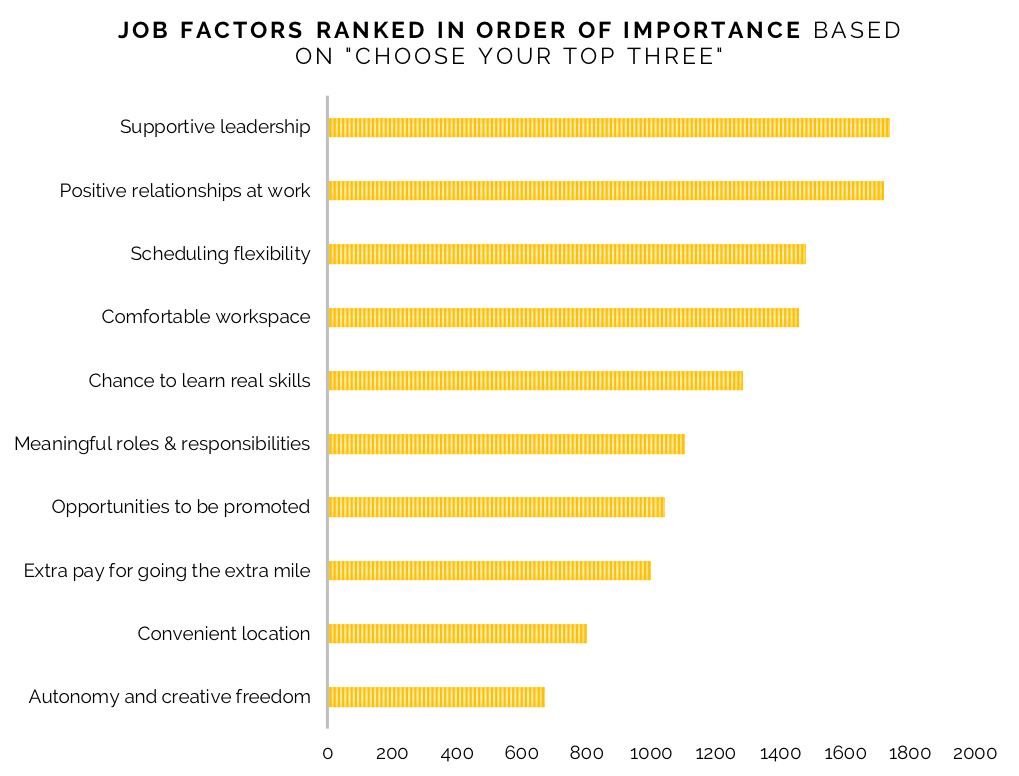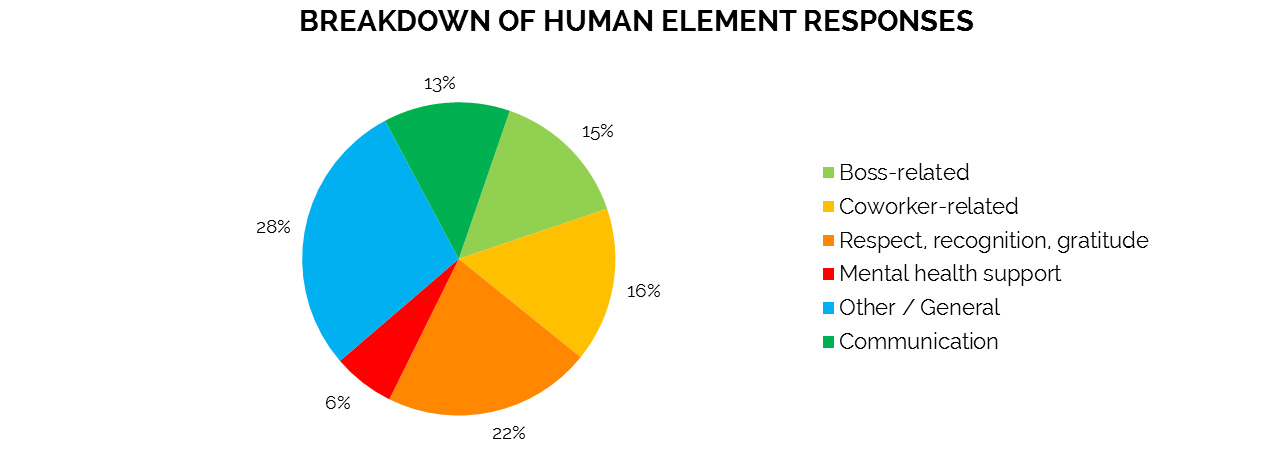Fearing the Gen Z ‘Labor Crisis?’ Highlight the Human Element
3 Min Read By Bruce Tulgan
According to a study conducted by NRAEF, the restaurant industry is facing an imminent Gen Z ‘labor crisis’:
“In the next 10 years, we’re going to create 1.6 million additional restaurant jobs in this industry,” Executive Vice President for NRAEF, Rob Gifford said. “And yet, the population we are dependent upon to fill those jobs historically will decline by 1.3 million. So, if you think it’s bad now – if you think the fight [for] talent is difficult now – it is going to get even a lot worse.”
Attraction and retention are issues currently facing employers in every industry, but the transient nature of the food service workforce further exacerbates these issues. The reality is that the majority of those working as waitstaff, hosts, or cashiers do not intend to stay in the industry for the remainder of their careers: restaurant work is a good first job, but not a forever job.So, when faced with these challenges, how are restaurant employers expected to compete in the talent marketplace?
Our own survey of 4,093 Gen Zers revealed that, even more than flexibility or performance-based bonus pay, Gen Z values the human element at work: the top two factors ranked as most important by our respondents were “supportive leadership” and “positive relationships at work.”

Gen Z employees seek positive cultures where coworkers work well together, leaders provide regular coaching-style feedback, and they are given real opportunities to learn valuable skills. Restaurants have a particular advantage in being able to address all three of these needs for young employees. The challenge is getting leaders on board with a highly-engaged, coaching-style approach to management.

Managers are the key to building a winning culture anywhere, and especially for restaurant teams. They are the ones responsible for spelling out workplace values and expectations, monitoring employee performance, and rewarding or coaching that performance based on expectations. A disorganized or unclear leader almost always results in a disorganized team. When team members are uncertain about where their responsibilities begin and end, or unclear about what is expected of themselves and others, that leaves more room for misunderstandings and disagreements to arise. That doesn’t add up to a positive culture.
By contrast, when a leader makes it clear what is required of each individual and how teams are expected to work together, that makes things easier for everyone. Employees are empowered to act with confidence, have a system for solving problems when they arise, and understand that everyone is being held accountable based on the same set of expectations. That means better service for customers and a better daily experience for employees.
By engaging in frequent, regular one-on-one conversations with employees, managers kill two birds with one stone:
- Recognizing and rewarding individual employee performance, and
- Coaching individual employee skills
Both of these things are especially important to Gen Z. The respondents in our survey indicated in open-ended responses that not only do they want supportive leaders, they want those leaders to show them “respect and recognition”:

But if restaurant employers really want to grab young Gen Z talent and retain them for the long-term, they have to consider skill and career development a core part of their mission. Managers must be ready to not only coach employees on the hard skills and soft skills, they must also be ready to define the larger importance of those skills and how they can be directly applied to an employee’s personal career goals. Paths for advancement within the restaurant, or the restaurant industry generally, must be made clear and available.
If nothing else, building a prestigious reputation as an employer with a positive culture will give you a real advantage both attracting and retaining new talent. If you have leaders who provide employees with the skills, support, and guidance necessary to help them launch their early careers at another job, those employees will remember you. They will be much more likely to get potential new hires applying than simply spending more on advertising your open positions.


